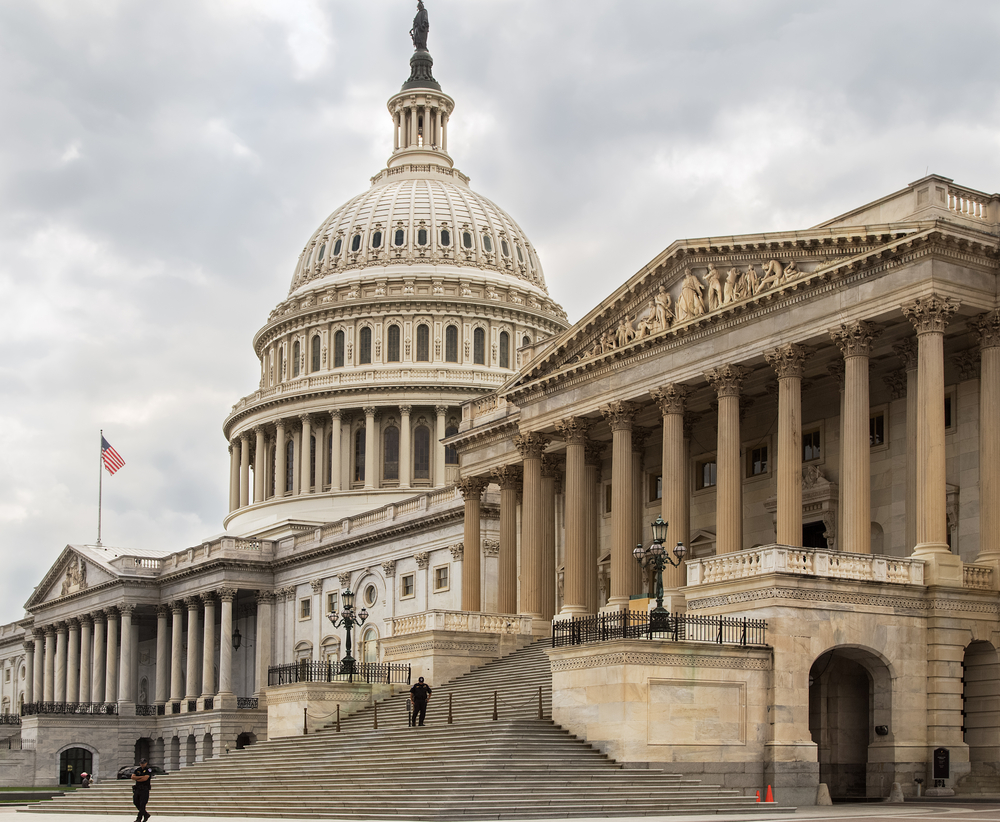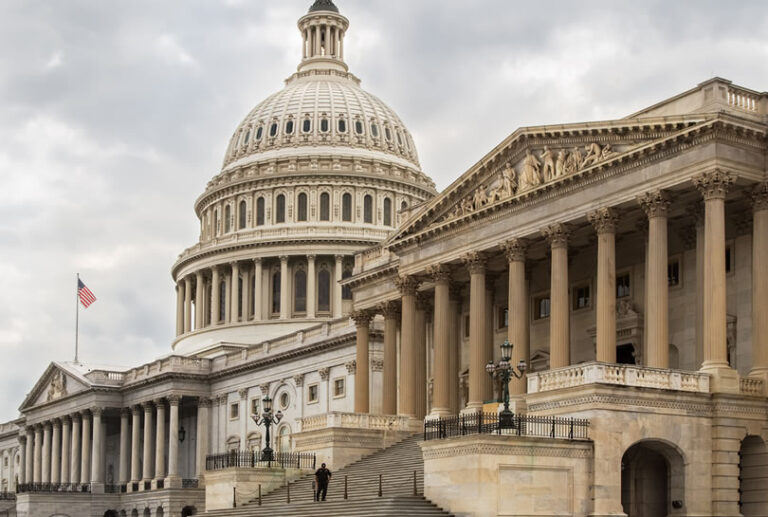Jan. 5, 2021 – The just-enacted COVID-19 relief bill may be a harbinger of what is to come in 2021 for drug pricing and marketing tax proposals, according to Coalition for Healthcare Communication Executive Director Jon Bigelow.
In a memo to Coalition members and industry leaders, Bigelow noted that it had been fairly clear weeks earlier where the parameters of this compromise – both the $900 billion price tag and the major components – would settle out. “For all of the political posturing, it is hard to see any good reason that achieving agreement had to wait until the end of December,” he said. “Even then, the relief bill was thrown into a $2.3 trillion, 5,593-page omnibus package that also funded the federal government for fiscal year 2021, forcing a deadline without which possibly no action would have been taken.”
The bill also included several tangential provisions that otherwise would not have been passed, Bigelow explained. Although the principal purpose of the $900 billion COVID-19 relief bill was to aid unemployed workers and small businesses, fund vaccine distribution and contact tracing, extend an eviction moratorium, and assist struggling state and local governments, “in the final hours, Congress inserted dozens of provisions … that were difficult to pass on their own, ranging from increasing tax deductions for corporate meals, to limiting use of refrigerants that damage the environment, to establishing two new Smithsonian museums,” he said.
“Notable on this list is a ban on surprise medical bills that has languished in Congress for years,” Bigelow continued, adding that Congressional action has repeatedly foundered over opposing positions and lobbying by hospitals and doctors, insurance companies and large employer groups, consumer advocacy groups and investors.
“The new measure on surprise bills does not please all of the players, and this compromise may have been possible-, in today’s difficult legislative environment, only by being pushed through under a tight deadline and with less visibility than it would have had as a separate law,” he stated. However, this model of tacking a provision onto an omnibus bill intended for other purposes may be replicated for other measures on two subjects of particular interest to health communications and marketing: drug pricing reform and potential taxation of pharma marketing, he said.
“Both parties want to show voters some results in lowering prescription drug prices,” Bigelow explained. The House has already passed a broad package titled HR 3, while Sen. Charles Grassley (R-Iowa) put together a different package, and other Senators and Representatives – as well as President-elect Biden – have endorsed various proposals. “There is enough overlap among positions to suggest room for compromise on some measures,” according to Bigelow.
“Given the pressing crises facing the country it is highly unlikely that comprehensive drug pricing packages will get priority in the early months of 2021, but it is quite possible that specific measures with bipartisan support could be folded into other legislation—for example, the follow-up COVID-19 relief that President-elect Biden is planning,” he said.
Similarly, he asserted that President-elect Biden will not prioritize comprehensive tax legislation. “But with a ballooning federal deficit, there will be keen interest in at least partially offsetting new expenses (whether for COVID-19, “Build Back Better” infrastructure, or other purposes) with new revenue sources,” he asserted. “Expect to see renewed talk of removing the tax deductibility of pharma marketing expenses, and be prepared to see such a such a measure suddenly appear in an unrelated bill.”
A Dec. 29, 2020, article in The Wall Street Journal stated that “the issue of taxes and advertising is likely to return,” according to Dan Jaffe, executive vice president and head of government relations at the Association of National Advertisers (ANA). “For years, the industry has successfully fought off various proposals to remove a longtime tax deduction that is available for advertising expenses,” WSJ states.
“’We’re seeing again all sorts of signals this is going to be very significant,’” Jaffe said in the article.




